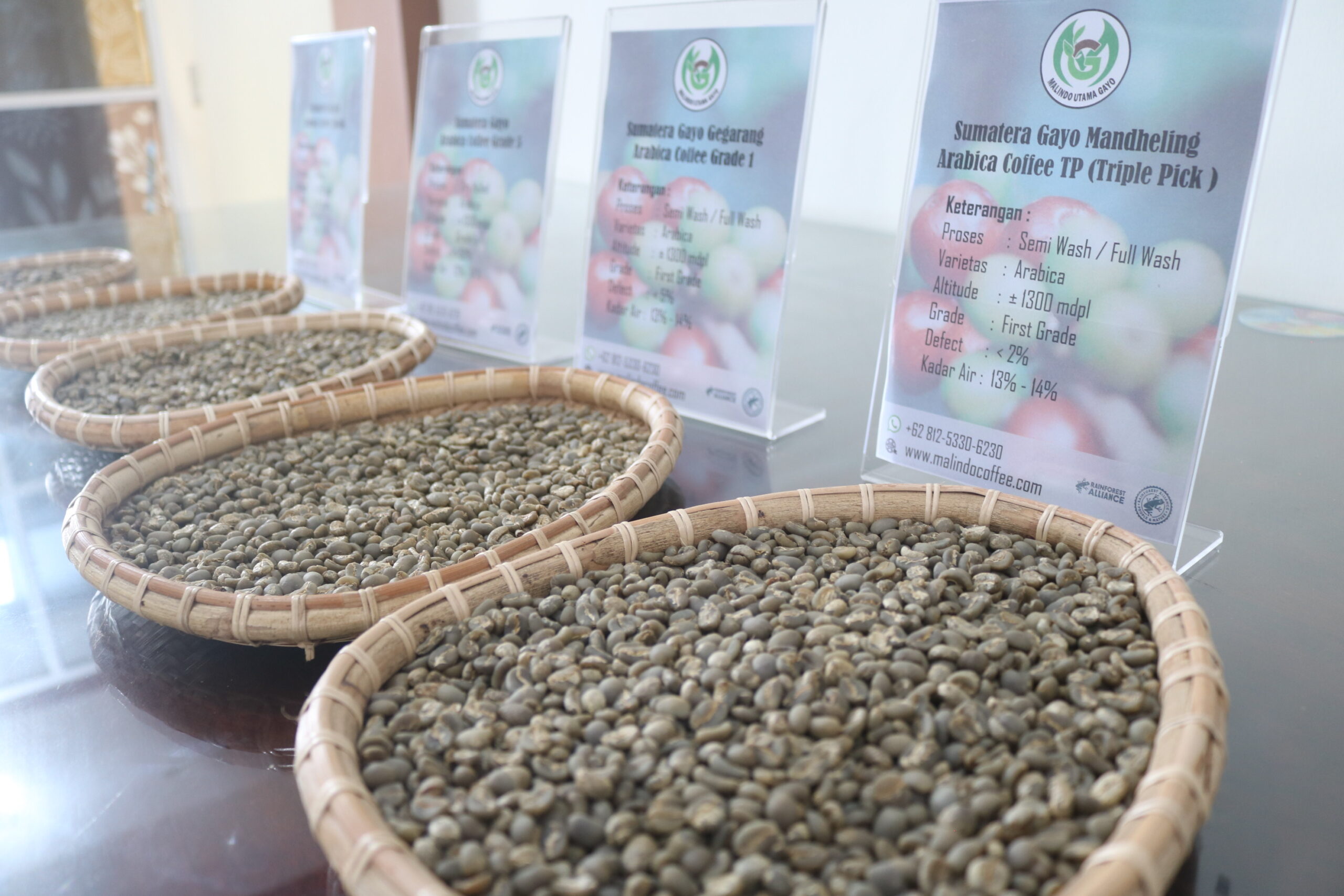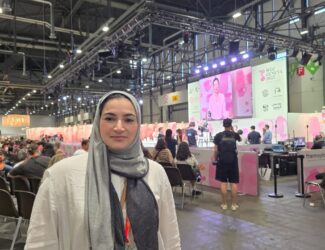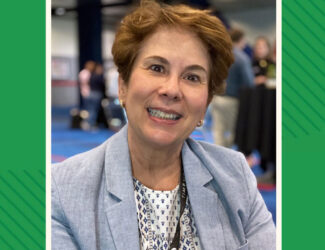
Malindo Utama Gayo’s Journey Towards Quality Coffee, Sustainability, and Community Flourish
In the heart of the lush Gayo Highlands in Central Aceh, Indonesia, a cooperative is making waves in the coffee industry – Malindo Utama Gayo. Renowned for its commitment to quality, sustainability, and community development, the cooperative has emerged as a leading producer of exceptional Arabica coffee beans. In this exclusive interview, Shafuan Iqbal, the Marketing Manager at Malindo Utama Gayo, provides a glimpse into the cooperative’s origins, practices, and aspirations. Join us as we explore the unique journey of Malindo Utama Gayo, where the pursuit of excellence meets a deep dedication to environmental responsibility and community empowerment.
Can you tell us about your role as the Marketing Manager at Malindo Utama Gayo, and how did you get involved with the cooperative?
Let me introduce myself, my name is Shafuan Iqbal, here I act as a marketing manager at the Malindo Utama Gayo producer cooperative. My role here as a manager is to determine the target market, segment the market, and determine the best way to market Gayo Arabica coffee products with the best quality that we can guarantee and also ensure that consumers are satisfied with the products we offer, so that this continues to be sustainable.
What inspired the founding members to establish Malindo Utama Gayo, and what challenges did they aim to address in the coffee production industry?
The inspiration of the founder of the Malindo Utama Gayo Producer Cooperative was:
- Farmer Empowerment: here our aim is to improve the economic and social conditions of coffee farmers and provide opportunities for a better economy for local farmers in the Takengon region, Central Aceh.
- Sustainability: here we are Determined to ensure that our coffee production meets sustainability standards and we are committed to adopting sustainable farming practices, ensuring that farmers receive fair prices, and supporting sustainability initiatives in the coffee supply chain.
- Quality Maintenance: Our inspiration here is to maintain and improve the quality of coffee, we want to bring superior Arabica coffee from the Gayo area to the global market, promoting the unique taste, aroma and characteristics of Gayo Arabica coffee in the Gayo highland area.
- Innovation and Differentiation: here we bring innovation to the coffee production industry by processing coffee beans from the plantation to ready for export in the Takengon area so that there is no mixing of products with other coffee and we can guarantee the authenticity of Gayo Arabica coffee from our cooperative.
The challenges we usually face in the coffee industry are price fluctuations, climate change which can affect crop yields, global competition.
How does Malindo Utama Gayo strive to achieve its vision of becoming a leading coffee producer?
Our efforts to achieve our vision are to become a leading coffee producer, producing high quality coffee beans, prioritizing environmental sustainability, and providing social and economic benefits to cooperative members and the surrounding community.
Can you elaborate on the cooperative’s mission to produce exceptional coffee, prioritize environmental sustainability, and provide social and economic benefits to members and the community?
We are committed to producing the best coffee beans by maintaining product quality, cleanliness and freshness. We apply good cultivation practices and pay attention to every stage of production to produce coffee with a rich taste, attractive aroma and distinctive taste.
Could you explain the unique processing methods used for the original Gayo Arabica coffee, and how they contribute to its high quality?
Post-harvest coffee processing is a series of steps carried out after the coffee beans are harvested from the coffee tree. The aim of this processing is to remove the layers surrounding the coffee beans, such as the skin, mucus and pulp, and to dry the coffee beans. This process is very crucial in producing coffee beans that are ready to be ground, roasted and brewed into a delicious cup of coffee. Here are some general steps in post-harvest processing of coffee:
- Depulping: The first step in the post-harvest process is removing the outer skin of the coffee beans. There are two general methods used for depulping. The wet method involves soaking the coffee beans in water to soften the skin, followed by mechanical depulping using a depulping machine. The dry method is to dry the coffee beans in the skin, then break the skin or rub it to remove the coffee beans.
- Fermentation: After depulping, the coffee beans will undergo a wet fermentation stage. This process involves soaking the coffee beans in water to remove any remaining mucus and fruit pulp stuck to the beans. Fermentation can also have an impact on the taste and characteristics of the coffee produced.
- Washing: After fermentation, the coffee beans go through further washing. The coffee beans are washed and sifted to remove any remaining layers such as mucus or thin membranes that are still attached to the beans.
- Drying: After cleaning, coffee beans need to be dried. The drying method can be done naturally or using a dryer. In natural drying, coffee beans are spread thinly on an open surface and left exposed to sunlight or air dried. In drying using equipment, the coffee beans are transferred to a drying machine which regulates the temperature and humidity so that the coffee beans can be dried quickly and evenly.
- Final processing: After the coffee beans are dry, they go through the final processing stage. This involves removing the husks or skins remaining after drying, as well as selecting and sorting the coffee beans based on size, shape and best quality, then the coffee that is ready for export will be packed in new jute bags.
What are the key cultivation practices employed by the cooperative to ensure the best quality coffee beans?
The cooperative focuses on coffee quality by implementing sustainable agricultural practices and focusing on environmental sustainability and farmer welfare. Use of organic and sustainable methods in coffee cultivation
How does Malindo Utama Gayo implement environmentally friendly farming practices, and what specific steps are taken to promote organic and sustainable agricultural methods?
Here we use organic farming practices so that there is no environmental pollution and coincidentally we follow organic and Rainforest Alliance standards so that environmental sustainability can be maintained.
In what ways does the cooperative address responsible waste management in its coffee production process?
For coffee plantations, we prohibit farmers from throwing rubbish carelessly, so we encourage farmers to collect waste from their plantations to be thrown into rubbish bins provided by the local government and for processing sites, we provide septic tanks so that waste produced from the coffee process is not thrown into canals or rivers.
How does Malindo Utama Gayo empower its members through training, knowledge-sharing, and access to resources?
We provide updated training and knowledge to members regularly and provide information openly
Can you discuss the cooperative’s commitment to fair and transparent practices, ensuring members receive a fair share of the profits?
Here we use practices that are fair and transparent to members and we hold member meetings to discuss how to use the profits we obtain
What social and educational initiatives does the cooperative support in the local community?
Cooperatives provide social support in the form of social assistance in the form of providing basic necessities to all farmer members and providing donations to educational institutions in the local community of our farmer member areas.
How does Malindo Utama Gayo collaborate with other coffee farmers and establish partnerships to enhance its positive influence in the coffee industry?
We openly accept and partner with other coffee farmers so that these farmers have a positive impact on each other
Could you provide more details about the range of high-quality coffees offered by Malindo Utama Gayo, including any or single-origin options?
Single origin coffee is coffee that comes from one source, namely coffee of the same type, which comes from the same region, the same region, or even the same plant because the average varieties of Gayo coffee are Catimour, Bourboun and P88.
We apologize, this is an error in the information listed on the website and we will correct it.
For customers interested in brewing their own coffee, what options does the cooperative provide in terms of raw coffee beans?
Semi Wash Sumatera Gayo Mandheling Arabica Coffee TP (Triple Pick ), Semi Wash Sumatera Gayo Gegarang Arabica Coffee Grade 1, Gayo Arabica Grade 5 and Sumatera Coffee Arabica Gayo Luwak.
How does the unique geographic location of Gayo Highland contribute to the ideal conditions for cultivating high-quality coffee?
Malindo Utama Gayo Cooperative is located in the fertile hilly area of the Gayo Highlands, Central Aceh, Indonesia. This area is famous for its ideal geographical conditions for cultivating high-quality coffee. The Gayo plateau is located in Aceh, at an altitude of approximately 1,200 meters above sea level.
Can you share more about the cooperative’s relationship with the local community and any positive impacts it has had?
The Malindo Utama Gayo Cooperative is committed to producing extraordinary coffee while still prioritizing sustainability and providing a positive impact on its members and the local community by providing training and knowledge about coffee and simultaneously preserving the environment and the cooperative providing donations to educational institutions so that farmers’ children are prosperous.
What are Malindo Utama Gayo’s future plans for expanding its reach and impact in the coffee industry?
Our goal is mutual prosperity between farmers and cooperatives and we are trying to prevent global warming by reforesting forests and we hope that buyers will provide a suitable price so that our future plans can run smoothly.
Are there any upcoming projects or initiatives that the cooperative is particularly excited about?
We have collaborated with Indonesian Geographical Indications to preserve the environment and remind the public to prevent pollution of the environment and protected animals, and we are trying to carry out reforestation of deforested forests or where natural disasters in the form of landslides occur.



